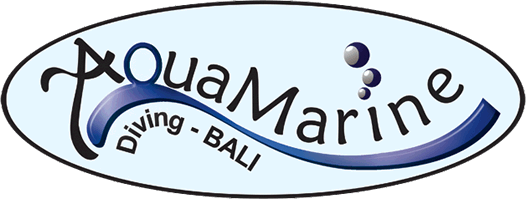Sharks’ Crucial Role for Our Ocean
by Ara, AMD-B’s 2020 Divemaster Internship
Sharks are among the planet’s most enigmatic, ecologically significant, imperilled, and misunderstood creatures. Their reputation as predators of the deep has earned them a status more frequently feared than revered by humans. However, the reality is that sharks do not pose a significant threat to humans; instead, humans pose a substantial threat to sharks.
Though the question ‘why do sharks matter?’ has no simple answer, this doesn’t mean it isn’t a critical question. Understanding the shark’s crucial role is vital for our oceans’ health. Sharks play essential roles in helping to maintain the delicately balanced ecosystems that keep our oceans healthy.

Sharks Matter!
One of the critical reasons why sharks matter is their contribution to preserving biodiversity. As apex predators, they play a crucial role in maintaining the intricate web of life in the ocean. Their presence helps maintain the food chain balance, as they keep prey populations in check and prevent overgrazing of certain species.
Moreover, sharks remove weak and diseased individuals through opportunistic feeding, reducing disease incidence by maintaining low densities of prey populations. Sharks also play an essential role as facultative scavengers consuming dead carcasses, which can promote stability in food webs.
Furthermore, Sharks migration provides nutrient cycling and nutrient flux among coastal and oceanic ecosystems via nutrient excretion. Researchers estimate the sharks migration brings nitrogen daily onto the nutrient-limited reef, which dramatically helps keep the ecosystem healthy.

Sharks also play a significant role in ecotourism and contribute to local economies. Many coastal communities rely on shark-related activities such as shark diving. These activities not only generate income but also raise awareness about the importance of shark conservation. Shark tourism allows people to witness these magnificent creatures up close, fostering appreciation and understanding. In turn, it creates a demand for their protection and conservation. By protecting shark populations, we can ensure the sustainability of these ecotourism ventures and the economic benefits they bring.
Sharks are not just fearsome creatures lurking in the ocean’s depths; they are vital to the health and balance of marine ecosystems. It is time to shift our perception of sharks and work towards their conservation and coexistence. Through education, awareness, and responsible practices, we can ensure these majestic creatures’ survival and safeguard our oceans’ health for generations.







